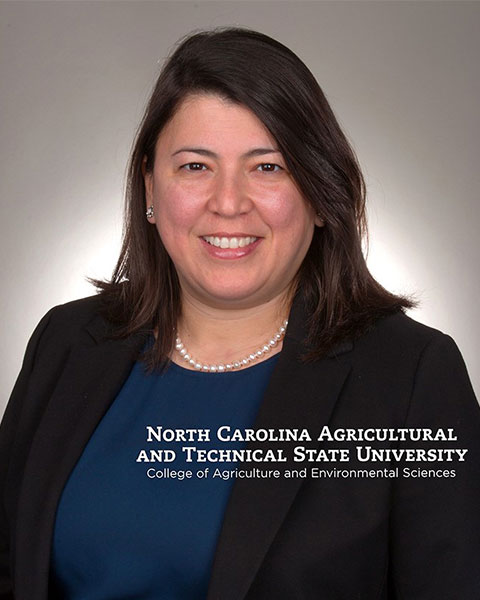Analytical
Health and Nutrition
Session:: Lipids and Their Effect on Health and Nutrition
Structured lipids in nutrition: a technology for the development of novelty products
Wednesday, May 3, 2023
9:30 AM - 9:50 AM MDT
Room: 403

Roberta C. da Silva (she/her/hers)
Assistant Professor
North Carolina A&T State University
Greensboro, North Carolina, United States
Presenting Author(s)
Abstract: Structured lipids (SL) are modified or synthetic oils and fats with nutritional or functional applications in food products that can be manufactured using several technologies. The most conventional lipid technologies are chemical hydrolysis, physical fractionation, chemical interesterification, and esterification. However, some lipids require specific fatty acid distribution in particular positions that cannot be synthesized using traditional methods, and in these cases, enzymes exhibit exceptional benefits. Some characteristics of the enzymes explored in the lipid modification are stereo-, regio- and chemical specificity. The use of lipases as biocatalysts for the production of SL has additional potential benefits apart from their specificity, and many nutritional structured lipids have been developed enzymatically. Human milk fat substitutes (HMFS) have drawn increasing interest. HMFS have been successfully developed in the past two decades, and some have even been commercialized. However, to promote the broad application of lipase-mediated HMFS production, some challenges need to be tackled, including the diversity of fatty acids and the addition of numerous complex lipids, including triglycerides, glycerophospholipids, sphingolipids, and sterol lipids. MLM is a group of SLs, containing medium-chain fatty acids in the sn-1 and sn-3 positions of the glycerol backbone and long-chain fatty acids in the sn-2, designed with clinical nutrition interest. As the awareness of the risks associated with oil uptake has increased, low-calorie SLs are being designed with long-chain fatty acids and short-chain fatty acids, promoting limited absorption. This talk will include an update on the most critical advances in lipid modification technologies for nutrition applications in the past two decades and discuss the main challenges to be overcome by lipid scientists.
